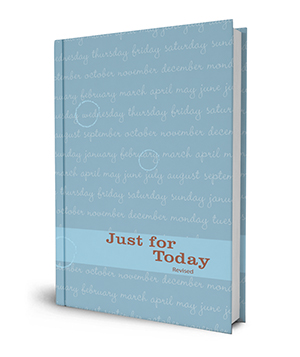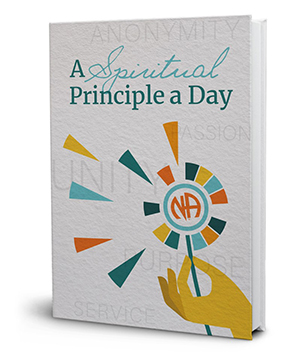What is Narcotics Anonymous?
N.A. is a nonprofit fellowship or society of men and women for whom drugs had become a major problem. We are recovering addicts who meet regularly to help each other stay clean. This is a program of complete abstinence from all drugs. There is only one requirement for membership, the desire to stop using. We suggest that you keep an open mind and give yourself a break. Our program is a set of principles written so simply that we can follow them in our daily lives. The most important thing about them is that they work. We have learned from our group experience that those who keep coming to our meetings regularly stay clean.
For Professionals
Narcotics Anonymous is an international, community-based, association of recovering addicts who meet regularly to help each other stay clean. We have over 70,000 weekly meetings in over 144 countries worldwide.
For Newcomers
The simple message of Narcotics Anonymous is… “That an addict, any addict, can stop using drugs, lose the desire to use and find a new way to live”
Connecticut NA History Project
Explore the history of Narcotics Anonymous in Connecticut. This captivating history project sheds light on the transformative journey of addiction recovery in Connecticut.

Just for Today
Many of us had trouble identifying our resentments when we were new in recovery. There we sat with our Fourth Step in front of us, thinking and thinking, finally deciding that we just didn't have any resentments. Perhaps we talked ourselves into believing that we weren't so sick after all.
Such unwitting denial of our resentments stems from the conditioning of our addiction. Most of our feelings were buried, and buried deep. After some time in recovery, a new sense of understanding develops. Our most deeply buried feelings begin to surface, and those resentments we thought we didn't have suddenly emerge.
As we examine these resentments, we may feel tempted to hold onto some of them, especially if we think they are "justified." But what we need to remember is that "justified" resentments are just as burdensome as any other resentment.
As our awareness of our liabilities grows, so does our responsibility to let go. We no longer need to hang on to our resentments. We want to rid ourselves of what's undesirable and set ourselves free to recover.
Spiritual Principle a Day
When we were using, we adapted to the dangerous and hostile environments around us by developing survival skills. Even once we leave that life, we take these defenses with us. Early in our recovery, everything can seem like a threat to our well-being. Our responses are often knee-jerk, reactive, and based on a life we are no longer living, not our present-tense recovery journey.
Over time, we find our emotional and spiritual footing. Equanimity is the art of maintaining this steadiness. We are not so easily thrown off balance by whatever waves may come our way. We find ourselves less drawn to drama, and we don't view challenges as crises so often. The tide comes in and goes out, and we acquire, through our own and others' experiences, a deep-seated belief that we can get through this—that we will be okay no matter what.
The emotional wobbliness we have when we first come to NA subsides as we gain perspective. How we see the world changes and how we respond to what we see changes. Real-life difficulties may emerge, but we can respond differently. When we are rigid, we are apt to get knocked down every time there is a storm at sea. In recovery, we learn to adjust our sails as we acquire "the wisdom to know the difference."
We get more comfortable being who we are without justifying or explaining our feelings, thoughts, and actions. We relax into a new relationship with life and no longer need to be on guard, defensive, or reactive. Through the Eleventh Step, we learn to pause before reacting. In service, instead of acting impulsively, we can make choices that benefit NA's common welfare. Meditation teaches us to slow down and listen. We don't have to fix everything. We're more open to the world as it is and to solutions that we may not have anticipated. We learn to be fully present and less guarded. We can stand in the middle of what is.
